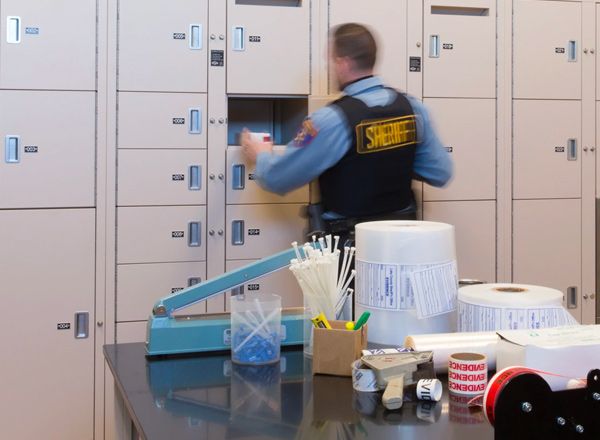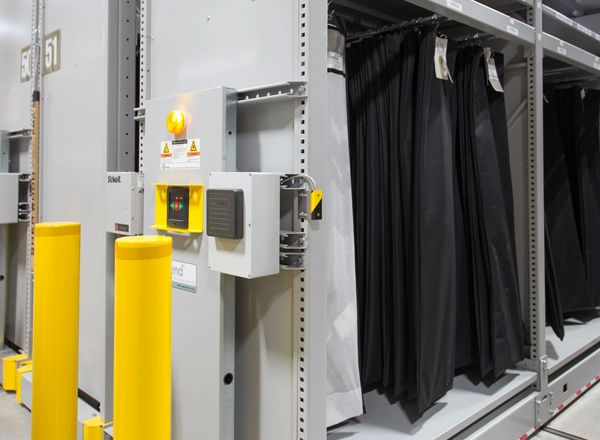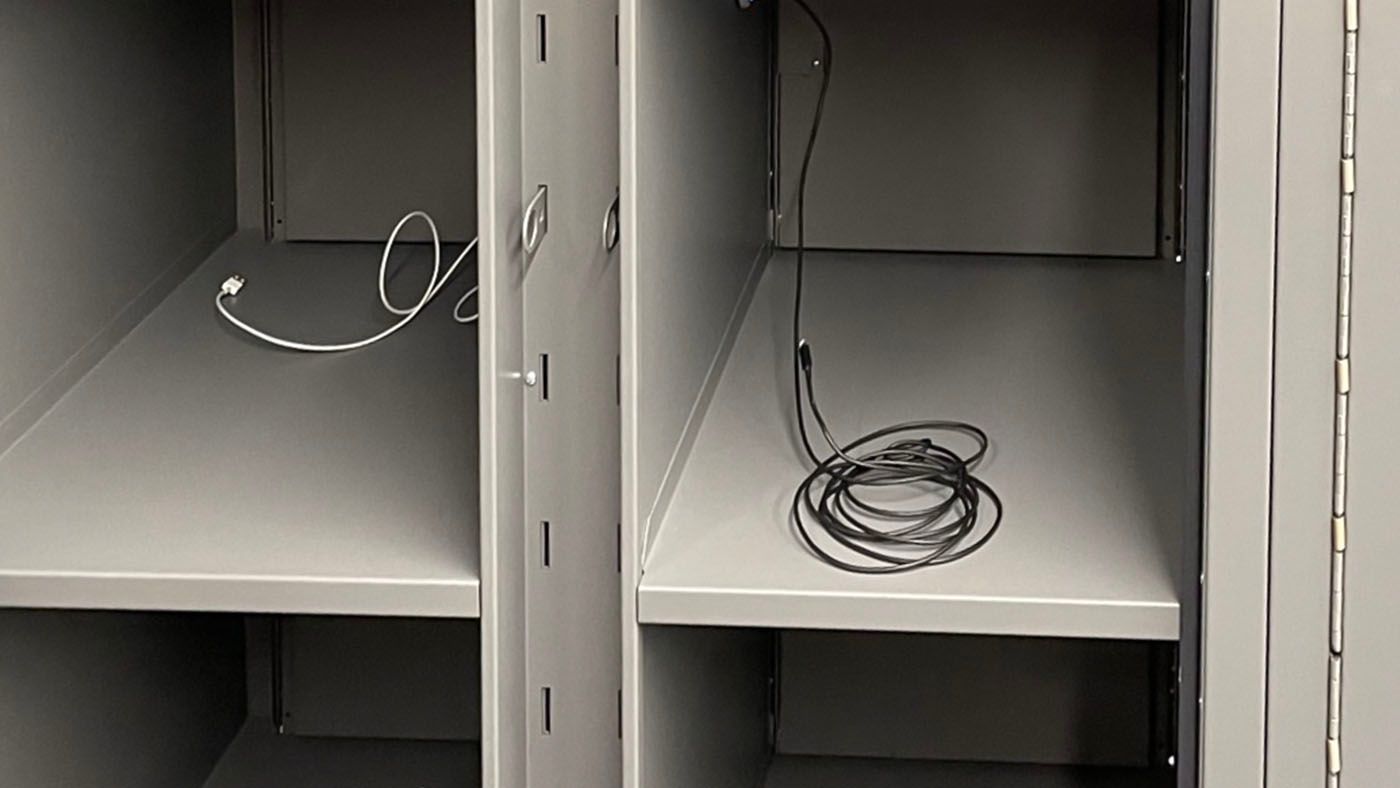Public Safety, Evidence Storage
It’s Evidentiary My Dear Officer
Spacesaver breaks down the types and progression of evidence storage solutions.
“A hundred suspicions don’t make a proof.” – Fyodor Dostoevsky. A fitting excerpt from Crime and Punishment referencing the inherent instability of human nature, and how its validity is no match for that of substantiated physical evidence.
Though this literary work was published in 1866, the statement still holds true in today’s judicial system. Physical evidence is key in determining how a crime was committed, who was involved in the crime, and, most importantly, who wasn’t. By maintaining an undisputed chain of evidence from crime scene collection to entry into the court’s record, the letter of the law is clearly visible for all participants in determining the innocence or guilt of each defendant. Let’s take a look at the evolution of evidence storage systems over the years, as well as the many forms of evidence collected by officers of the law.


The Origin of Evidence Collection
According to Britannica.com, the first police crime lab was established in 1910 in Lyon, France and was based on Edmond Locard’s theory that it is impossible to escape a crime scene without leaving some form of evidence. Knowing the value physical evidence would hold in identifying and prosecuting the perpetrator of the crime, the concept of maintaining a secure chain of evidence was established.
Early evidence storage systems consisted of boxes and/or bags made of varied materials that housed the entirety of data collected at the scene in one receptacle. As technology and research progressed, we learned that not all evidence is equal and should be handled on a piece-by-piece basis.
Today’s evidence storage systems are designed to accommodate the state of matter and sensitivity of each piece of evidence. From temperature control to weapons safety, the optimal preservation of these vital supporting materials can mean the difference between guilt and innocence. Let’s take a closer look at the types of evidence officers encounter when on the job.

Product Overview Brochure
For a complete look at our evidence storage solutions download our product overview brochure.
Product Overview Brochure
For a complete look at our evidence storage solutions download our product overview brochure.

Evidence In All Shapes, Sizes, and Forms
There’s no such thing as a one-size-fits-all punishment. Each infraction carries its own set of criteria used to determine the severity of the penalty, much of which is determined by the evidence that accompanies the arresting officer’s account of the situation. This evidence could display as a weapon, a narcotic, a fluid, or even a method of digital communication in quantities and dimensions that run the gamut. And much like the resulting punishment, the method of storage used to secure these materials is unique to each occurrence.
As previously mentioned, maintaining a secure chain of custody is of utmost importance to uphold a fair and equitable justice system. Once a piece of evidence is “bagged and tagged” and put into the system, it must remain secure until retrieved by the proper personnel for processing or utilization in a court of law. Depending on the case, this time period can range from hours to years, necessitating storage systems that can facilitate both access and capacity.
Including a diverse mix of storage solutions in your evidence storage facilities, will allow your department to be prepared for most scenarios. Whether it’s creating space for an ever-increasing amount of evidence through high-density mobile shelving, limiting access with keypad locks, or preserving perishable materials with temperature sensitive options, you can ensure the integrity of your evidence is upheld from discovery to decision.



